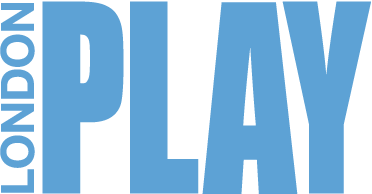Today it is cars and digital devices getting in the way of children’s play. But in 1914 it was DORA (aka the Defence of the Realm Act), which prevented playful activites including kite flying, whistling and feeding the birds…
The Defence of the Realm Act was a far-reaching piece of legislation that took effect within days of Britain entering the First World War. Now, thanks to a grant of nearly £54,000 from the Heritage Lottery Fund (HLF), the charity London Play will work with primary schools across London to explore how the draconian restrictions affected children’s play during the period.
Partnered by Half Moon Theatre, London Play will work in primary schools with 150 children who will become ‘war correspondents’ to research the wartime period with the help of archives and a local historian. The project’s progress will be filmed, the details discovered will be dramatised into a series of sketches, there will be a smart phone quiz and a week-long exhibition will be held at City Hall next summer.
DORA prohibited any activity that could possibly be of value to an enemy. Nobody was allowed to talk about naval or military matters in public, or spread rumours; the public was banned from buying binoculars, ringing church bells, trespassing on railway lines or bridges and melting down gold and silver.
Particularly limiting for children’s lives were laws that made lighting bonfires or setting off fireworks illegal, as was flying kites (which could be used to guide Zeppelins to their targets!). Feeding bread to horses or birds was outlawed as a waste of precious food resources.
Although playing with conkers was not illegal the government wanted as many as possible collected for the war effort. Children were asked to gather them up and hand them in for a reward from the War Office of 7s 6d (37.5p) for every hundredweight they handed in. The conkers were used to make acetone, a vital component of the smokeless propellant for shells and bullets known as cordite.
Among the more arcane of DORA’s prohibitions were using invisible ink when writing abroad and buying brandy or whiskey in a railway refreshment room.
For more information on this project or to find out if you can get involved, email info@londonplay.org.uk
